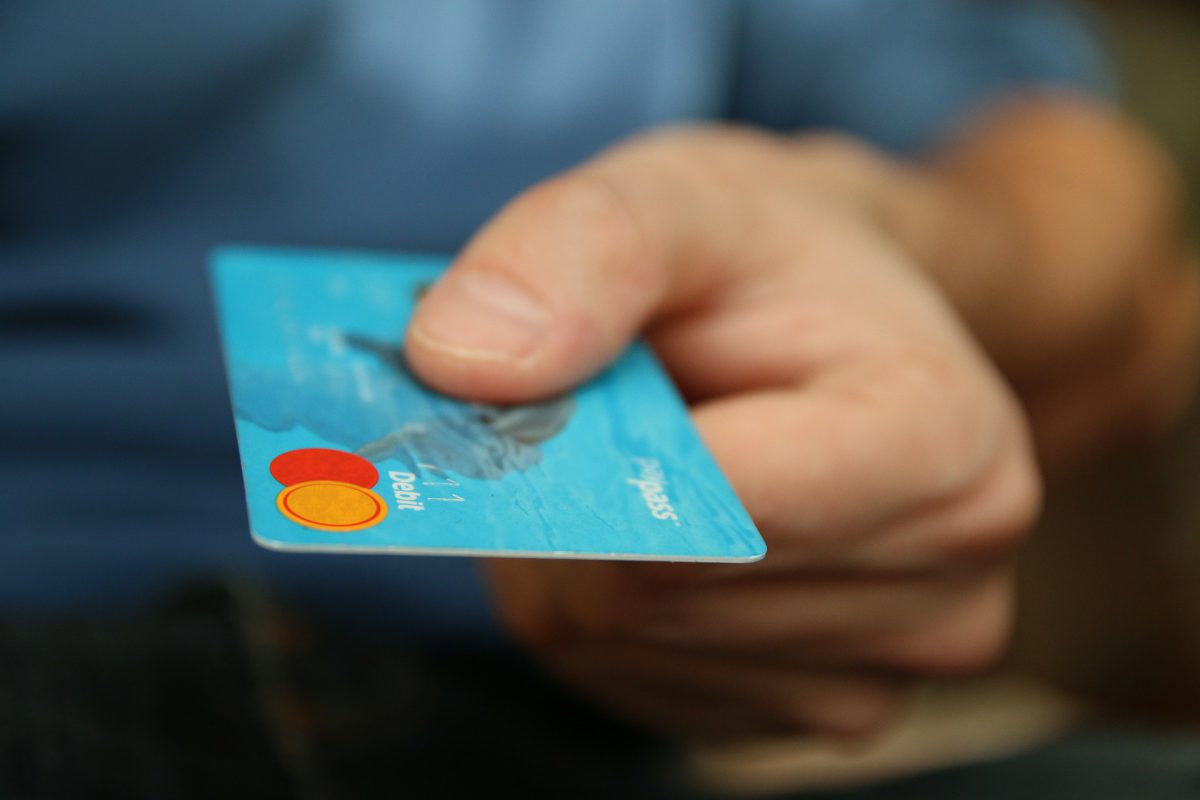With so many Americans finding themselves in massive amounts of debt, it’s a sure bet that many of us could use some tips on how to manage our money and keep it around for the long haul. Many people aren’t as financially sound as they’d like to think, and when you sit down and think about retirement, it can seem like a daunting task to make a plan.
But it doesn’t have to be complicated or stressful. There are several things you can do now to start planning for the future, whether that means next year or thirty years from now. Here are some of the best tips on how to get started.
Set a budget
It can be a scary word for some, but having a budget just means you’ll be able to secure a bit of padding for unforeseen issues–such as a busted hot water heater–and for paying off debt. Sit down with your spouse or partner and make a list of your income vs. what goes out in a month, and take a look at your most recent bank statement. You might be surprised at how much you spend on fast food in a week when you could be taking your lunch to work, or at how much you
can save by setting a fixed budget for clothing rather than buying on a whim.
Check your finances every day
Many people dread balancing the checkbook, but in today’s world of smartphones and apps, that’s not necessary. If you keep an eye on your finances every day–even if it’s just to peek in and make sure there are no charges you’ve forgotten about–you’ll stay ahead of the game and there won’t be any nasty surprises later in the month.
Break free from those credit cards
If credit card spending is a big worry, consider using your budget to help pay down the balances, then put them away for emergencies (or cut them up if you’re feeling brave) and using only your bank account for everyday purchases. Plastic is handy, but you can rack up huge bills by only paying the minimum amount every month.
Be specific in your goals and use a calendar
If you want to save for a particular event–such as a vacation–it’s important to be very specific about your goals from the beginning. Start a financial calendar that notes paydays, due dates on bills, and tax deadlines so you’ll have a clear picture of where–and when–your money will be spent.
Start small
Paying off debt can be overwhelming, so it’s important to start small and get the little things taken care of first. Medical bills for regular doctor’s visits, low-limit credit cards, and balances on store credit can be whittled down pretty quickly, and once you get those out of the way you’ll feel a sense of progress that can help you tackle the big stuff.
Do your research
When it comes to banking, taking out personal loans, or paying off student loans, it’s imperative that you do your research first to make sure you know all the fine print. Bank accounts often come with hidden fees, while student loans can quickly add up. Check out your options for grants and federal financial aid first, before you agree to a loan from a private lender.

